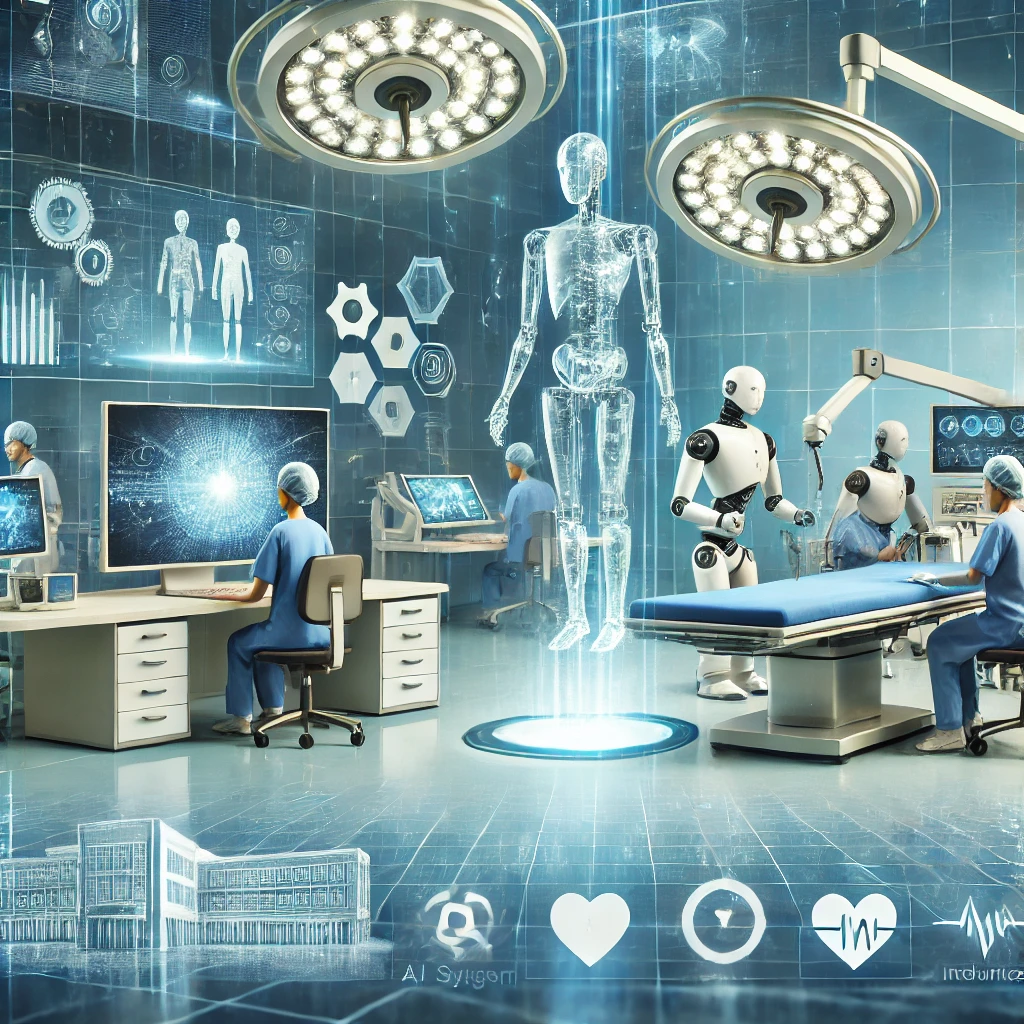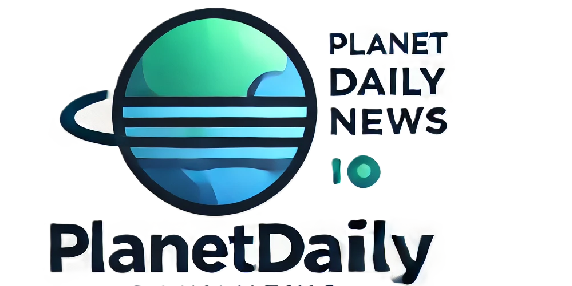Technology and Innovation: Key Developments from January 15 to 20, 2025
The period from January 15 to 20, 2025, witnessed significant advancements in technology and innovation across various sectors. From breakthroughs in artificial intelligence (AI) to notable events in the tech industry, these developments are poised to shape the future.
Quantum Blockchain’s AI-Driven Bitcoin Mining
Quantum Blockchain Technologies (QBT), a company listed on London’s AIM, announced a significant advancement in bitcoin mining using its predictive AI model, “AI Oracle.” This breakthrough led to a notable increase in QBT’s market value. The technology reportedly enhances mining efficiency by either reducing energy consumption by 30% or increasing mining speed by 30%, albeit currently demonstrated with FPGA chips instead of the more powerful ASIC chips.
Despite promising results, including a reported 30% performance boost in live tests, questions remain about the validity and practical application of the technology. The company has yet to provide a live demonstration requested by FT Alphaville, and its patent is not yet visible in official databases. QBT’s hobbyist investors remain enthusiastic, though the claim of QBT’s AI Oracle methodology remains under scrutiny. (ft.com)
The Potential of AI in Blockchain
This innovation highlights the growing integration of AI into blockchain technology. By leveraging predictive algorithms, companies aim to optimize the energy-intensive processes of blockchain operations. While QBT’s technology remains under examination, its progress underscores a broader trend in merging AI with decentralized systems to enhance efficiency and sustainability.
AI and the ‘Intelligent Age’ at Davos 2025
The World Economic Forum’s Annual Meeting in Davos focused on the theme “Industries in the Intelligent Age,” highlighting the transformative impact of AI, quantum computing, and blockchain across various sectors. Experts discussed how business leaders can balance short-term goals and long-term imperatives while transforming their industries in this era of deep and structural changes. (weforum.org)

Key Takeaways from Davos 2025
- Collaboration for Ethical AI: Discussions emphasized the importance of international collaboration to ensure AI development aligns with ethical standards and societal values.
- Quantum Computing in Industry: Leaders explored the applications of quantum computing in solving complex industrial challenges, such as supply chain optimization and drug discovery.
- Resilience in a Tech-Driven Economy: Companies were urged to invest in technologies that enhance resilience amid economic uncertainties, including AI tools for predictive analytics.
Major Announcements on January 15, 2025
Microsoft’s Cloud Expansion Strategy
On January 15, Microsoft announced its plan to invest $10 billion into expanding its global cloud infrastructure. The initiative includes constructing new data centers in emerging markets, aiming to make cloud services more accessible and improve latency for global users. This move aligns with the increasing demand for cloud computing driven by AI and machine learning applications. (microsoft.com)
Tesla’s Battery Innovation
Tesla revealed a new battery technology capable of achieving 600 miles of range on a single charge. This breakthrough is set to revolutionize the electric vehicle (EV) market by addressing range anxiety and boosting adoption rates. The battery uses a novel solid-state design, significantly reducing charging times and increasing lifespan compared to traditional lithium-ion batteries. (tesla.com)
MIT Technology Review’s 2025 Breakthrough Technologies
MIT Technology Review released its annual list of 10 Breakthrough Technologies for 2025, showcasing innovations poised to redefine the future. The list includes advancements such as the Vera C. Rubin Observatory, generative AI search, small language models, robotaxis, and fast-learning robots. These technologies are expected to have a profound impact on various industries and aspects of daily life. (prnewswire.com)
Spotlight on Small Language Models
One of the highlighted breakthroughs, small language models, represents a significant shift in AI development. Unlike their larger counterparts, these models are designed to operate efficiently on edge devices, reducing latency and energy consumption. This advancement democratizes AI access, enabling more applications in remote areas and low-resource settings.
CES 2025: Unveiling the Future of Consumer Electronics
The Consumer Electronics Show (CES) 2025 showcased a plethora of technological innovations:
- Television Advancements: Major brands like Samsung and LG introduced giant OLED and Mini LED models featuring AI-powered enhancements.
- Smart Home Integration: The adoption of the Matter standard facilitated the launch of numerous smart home products, including advanced locks and home energy management systems.
- Automotive Technology: Despite fewer major automakers participating, companies like Honda and BMW provided updates on their respective platforms, highlighting the integration of technology in vehicles.
- Computing and Gaming: Intel, AMD, and Nvidia unveiled significant upgrades in CPUs and GPUs, enhancing gaming and content creation experiences.
- Wearables and Health Tech: Innovations in smart rings and glasses emphasized advancements in health monitoring and personal technology. (theverge.com)
The Rise of AI-Powered Wearables
Wearable technology is taking a giant leap forward with AI integration. Devices like smart rings now offer real-time health monitoring, including early detection of cardiovascular issues. These innovations are set to play a critical role in preventive healthcare, empowering users to manage their health proactively.

Global Economic Outlook and Technological Integration
A report by the World Economic Forum indicated that more than half of chief economists expect global economic conditions to weaken in 2025. Despite this, the outlook in the US remains more positive, with 44% of chief economists predicting strong growth. The report also highlighted the increasing fragmentation of global trade and the critical role of technological integration in navigating these challenges. (arabnews.com)
Trade and Tech: A Double-Edged Sword
Technological innovation is both a solution and a challenge for global trade. While it enables better logistics and market analysis, the rise of digital platforms has also led to concerns about data sovereignty and fair competition. Businesses must strike a balance between leveraging technology and addressing these global trade challenges.
AI’s Impact on Cybersecurity
The World Economic Forum’s ‘Global Cybersecurity Outlook’ report revealed that 66% of organizations expect artificial intelligence to have a major impact on cybersecurity in 2025. However, only 37% have processes in place to assess the security of AI tools before deployment, underscoring the need for robust cybersecurity measures in the face of rapid technological advancements. (arabnews.com)
Preparing for AI-Driven Threats
The dual-use nature of AI—as a tool for both defense and attack—raises critical challenges. Organizations must invest in training cybersecurity professionals and developing systems capable of identifying AI-generated threats in real-time. Collaborative frameworks between governments and private sectors are essential for a resilient digital infrastructure.
Promoting STEM Education: Bridge 2 Innovation STEM Fest
The New Orleans Super Bowl Host Committee hosted the third Bridge 2 Innovation STEM Fest on January 18, 2025, targeting students from grades K-12. The event featured interactive stations from industries such as energy, healthcare, engineering, and technology, aiming to promote STEM education and career opportunities among the youth. (canalstreetchronicles.com)
Inspiring the Next Generation
Events like the STEM Fest are crucial for fostering innovation among young minds. By engaging students with hands-on activities and real-world applications, these initiatives aim to bridge the gap between education and industry needs, ensuring a steady pipeline of talent for the future.
Anticipated Court Cases Involving Tech Giants
The year 2025 is set to witness several high-profile court cases involving major technology companies. The Department of Justice is pursuing antitrust cases against corporations like Meta, Google, Visa, and Apple, alleging monopolistic practices. These cases could have significant implications for the tech industry and market dynamics. (businessinsider.com)
Implications for the Industry
These legal battles highlight growing concerns about the concentration of power in the hands of a few tech giants. Regardless of the outcomes, they are likely to prompt stricter regulations and encourage smaller players to innovate in ways that disrupt existing monopolies.
The Green Tech Revolution
Environmental sustainability continues to drive innovation. The European Union has announced a new Green Tech Fund to support startups developing renewable energy solutions. This initiative aims to reduce carbon emissions by 40% by 2035 and accelerate the adoption of clean technologies. Innovations in solar panel efficiency, battery storage, and hydrogen energy were key topics during recent industry summits. (arabnews.com)
AI’s Role in Green Tech
AI-powered tools are optimizing energy consumption in manufacturing, transportation, and urban planning. Smart grids utilizing AI can predict energy demands and reduce waste, contributing to a sustainable future. These developments position green tech as a vital sector for future investment.
Conclusion
The developments between January 15 and 20, 2025, underscore a period of significant technological innovation and transformation. From advancements in AI and blockchain to pivotal industry events and economic forecasts, these events highlight the dynamic nature of the technology sector and its far-reaching impact on various aspects of society. The rise of AI-driven solutions in diverse fields, such as blockchain, cybersecurity, and healthcare, demonstrates technology’s potential to address global challenges and improve quality of life. Simultaneously, the ongoing discussions at global forums like Davos emphasize the need for ethical frameworks and collaborative efforts to harness these innovations responsibly. As the technology landscape continues to evolve, the intersection of innovation, sustainability, and societal impact remains a critical focus for industry leaders, governments, and stakeholders.
Sources:
- Quantum Blockchain mines bitcoin with AI and we have more questions: (ft.com)
- AI, tech and the ‘Intelligent Age’ at Davos 2025. Here’s what to know: (weforum.org)
- MIT Technology Review Releases the 2025 list of 10 Breakthrough Technologies: (prnewswire.com)
- What to expect at CES 2025: (theverge.com)
- Chief economists expect global economic conditions to weaken in 2025: (arabnews.com)
- 66% of organizations expect AI to have major cybersecurity impact in 2025: (arabnews.com)
Read also: Health and Society




